Alcohol Monitoring in Family Court
Alcohol abuse carries with it a social stigma and will likely be brought up in a family court case. While there is increasing understanding that alcohol abuse is a disease, the affliction will still likely be used against the parent suffering from alcohol abuse in their family court case. It is understood that, while the individual suffers from the disease, it also impacts the entire family and children must be protected from the ramifications of alcohol abuse.
In every family court case involving children, the Court focuses on the best interest of the children when making decisions. Usually, it is in the child’s best interest to maintain a relationship with both of their parents, but this can become difficult when one parent struggles with alcohol abuse. In Arizona, there are a list of factors the Court must consider when determining legal decision-making, often referred to as the “best interest factors.” A.R.S. §25-403. Judges consider elements such as the children’s relationship with their parents, how the children are adjusted to each parent’s home and the mental health of everyone involved. If the children are uncomfortable being around the parent suffering from alcohol abuse or in that parent’s home, it could impact the legal decision-making and parenting time decisions.
When alcohol abuse is involved in a case, judges may reduce that parent’s visitation to ensure the child’s wellbeing. That parent may only receive limited or supervised parenting time with their children. This reduction may continue until the Court is confident that the child will be safe in that parent’s care. Judges are likely not willing to risk the child’s safety to take a chance on a parent with alleged alcohol abuse issues without evidence of sobriety. One potential alternative to having decreased parenting time is committing to sobriety and proving to the Court, children, and co-parent that maintained sobriety is possible through alcohol monitoring.
In simple terms, alcohol monitoring allows the user to test their blood alcohol concentration. Alcohol monitoring can be used to dispute false claims of alcoholism or prove ongoing sobriety and help rebuild trust between co-parents and parents with their children. This monitoring is usually temporary, lasting only the duration of the family court case. Monitoring can be ordered by the Court or agreed to by the parties. Alcohol monitoring should not be viewed as a punishment, rather, it should be seen as a way to ensure parenting time and maintain a relationship with the children, which is in their best interest.
A common provider for this service is Soberlink, whose devices are cleared for use by the FDA. The user must purchase the device and a pay for a monitoring fee. The service makes documenting sobriety easy, and the results are admissible in court. The breathalyzer is discreet, which allows for use anywhere, reduces the sense of shame, and ends the requirement to go to a testing location. The device has facial recognition technology which ensures reliable results, holds the user accountable, and grants peace of mind for the co-parent. The facial recognition is also essential to rebuilding trust between co-parents because there is no question of who is taking the tests. There are real time results which can be sent to the user and other parties. This means that the user can set up the results to be sent to the co-parent so both parties are aware of the user’s sobriety.
Soberlink offers two levels of testing. Level one requires the testing party to submit tests during their parenting time with the minor children. The real time results give the co-parent peace of mind knowing that the children are not being exposed to the other parent drinking. Level two requires the monitored party to test every day. The times are determined by the Soberlink service, which sends out a text message reminding the testing party to conduct their test. Typically, this requires 2-3 tests per day during waking hours.
If alcohol monitoring may play a role in your family court case, it is best to speak with an experienced Phoenix family law attorney. We have the experience you need. Call Arizona Family Law Attorneys for a free case evaluation at (480) 268-9393. We will be happy to help you. Peace of Mind. There is no substitute.








